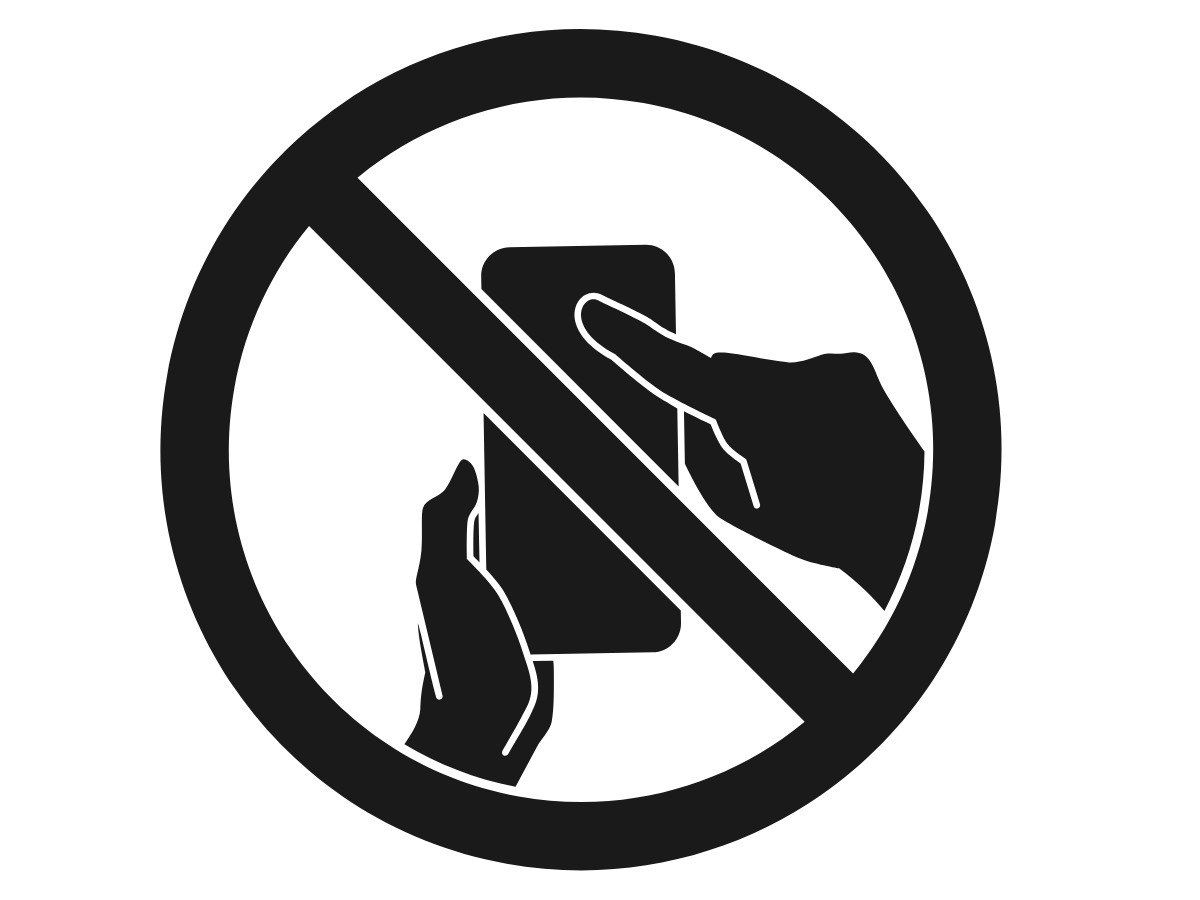Women’s safety advocates are hoping for strong and decisive action today on Australia’s crisis of violence against women as the nation’s women’s safety ministers convene for their Taskforce meeting.
The meeting comes as frontline domestic and family violence specialists brace for the uptick in volume and severity of cases going into the Christmas/ New Year period.
‚ÄúWe know this is the worst year we have seen for women and children experiencing domestic and family violence and that conditions are likely to exacerbate over the summer break with families spending more time together in an environment of financial stress and alcohol misuse,‚ÄĚ says Hayley Foster, Chief Executive Officer of Women‚Äôs Safety NSW.
Each year, police and helplines such as 1800RESPECT report sizeable swings in calls relating to domestic, family and sexual violence as a However, this year domestic and family violence specialists are worried that such a swing will be coming off already high rates for violence against women, triggered by the COVID lockdowns and the associated economic downturn.
A by Women’s Safety NSW in ABC’s flagship 730 Program showed 45% of frontline domestic and family violence specialists surveyed in NSW observed a continued rise in client numbers since COVID restrictions began to lift and when compared to the same time last year, and 86% observed an increase in the complexity of client matters. To explain this increase, frontline workers pointed to an increase in factors known to trigger or exacerbate violence against women, such as unemployment, financial stress and alcohol misuse, whilst at the same time women have been deprioritising their own safety needs over basic material needs for their families, such as food and shelter.
‚ÄúThis year has been a terrible one for many Australians economically, with huge job losses and business closures, but women have borne the brunt of this crisis losing the majority of jobs and hours and shouldering the lion‚Äôs share of increased caring responsibilities,‚ÄĚ says Ms Foster. ‚ÄúWhat this means in practical terms for women experiencing domestic and family violence is that they have fewer resources available to escape the violence.‚ÄĚ
Women’s Safety NSW is calling on the nation’s women’s safety ministers to commit to strong and powerful action to curb the worrying trend in domestic and family violence perpetration and to ensure victim-survivors can rely upon critical supports at the most high-risk time.
‚ÄúOur governments need to send a clear message to the Australian community that violence against women will not be tolerated; that victim-survivors will be supported, and abuser held to account,‚ÄĚ says Ms Foster.
Key measures needed include a strengthening of civil protection order enforcement and streamlined access to financial and accommodation support, including support to stay home safely. Barriers in accessing support by particular groups of women, such as women on temporary visas experience violence, also need to be addressed.
‚ÄúThe ≥‘ĻŌÕÝ’ĺ Advocacy Group for Women on Temporary Visas Experiencing Violence have continually advised governments of the need for a new temporary class of protection visa for women fleeing violence to be able to access essentials services,‚ÄĚ says Foster. ‚ÄúThis should be effected immediately so as to protect this group of women and their children who are often forced to stay with their abuser due to an absence of supports.‚ÄĚ
Women’s Safety NSW is also hoping to see some strong national leadership on strengthening domestic and family violence laws to recognise the most dangerous and damaging elements of domestic abuse.
‚ÄúIt‚Äôs time for our laws to reflect the lived realities of women impacted by domestic and family violence,‚ÄĚ continues Ms Foster. ‚ÄúIncessant coercion and control are at the very centre of men‚Äôs violence against women, so if we want to effectively prevent and respond to this violence, we need to update our laws.‚ÄĚ






